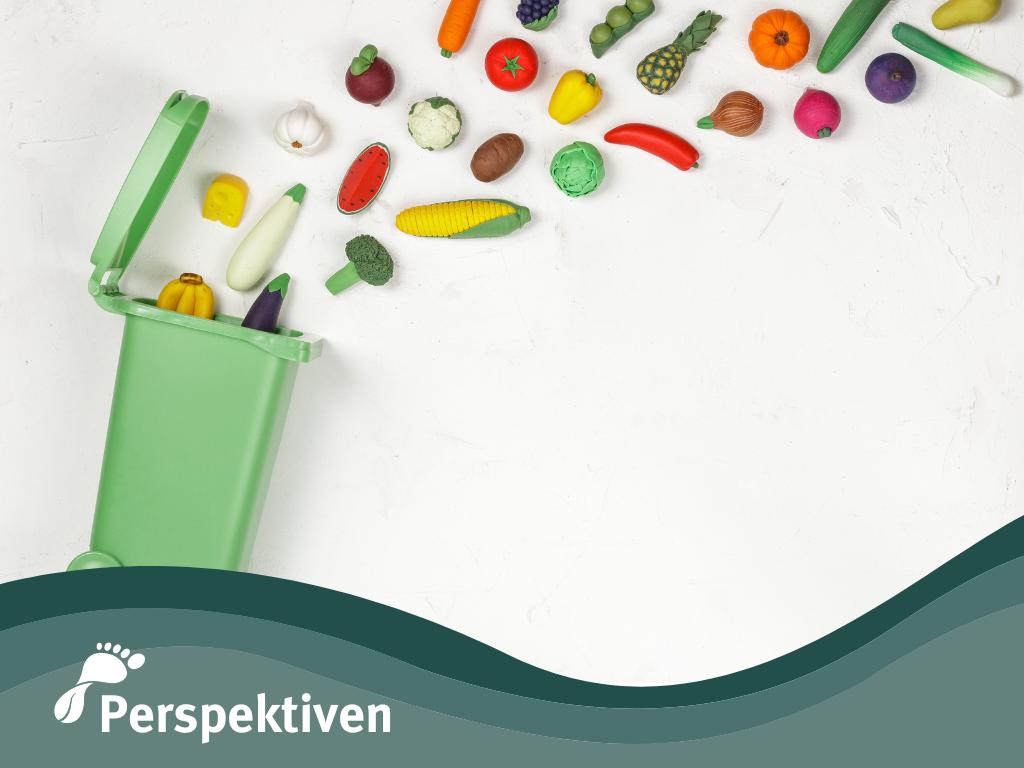From the field to the garbage can? Wiener Tafel calls for improvements to food distribution from agriculture

While the need for food support in Austria continues to rise, donations of goods from retailers are decreasing significantly. This decline could be compensated for by rescuing and passing on large quantities directly from agriculture. But this requires support from the public sector. Wiener Tafel is calling on the federal government to create a win-win situation for the agricultural sector and people at risk of poverty.
Pandemic, war in Ukraine, energy crisis, inflation: more and more people in Austria can no longer afford even basic foodstuffs and are seeking help from food banks and social markets. The need for food support at food banks alone has risen by almost a third in the last year - but donations of goods have not increased to the same extent.
In particular, food donations from (wholesale) trade and production are decreasing significantly. In 2021, Wiener Tafel was still able to pass on around 110 tons (out of a total of 746 tons) of rescued food from retailers to social institutions. Last year, the total quantity was increased to 900 tons in a collective effort (an increase of around 20%, which could not cover the more than 30% increase in demand). However, only around 60 tons of this came from the retail sector - a year-on-year decrease of a good 45%.
Alexandra Gruber, Managing Director of Wiener Tafel: "The fact is that since we started in 1999, we have worked well with retailers as a partner from the very beginning - always looking for sustainable solutions that create win-win situations between business and the social sector. However, it is also a fact that we are receiving fewer and fewer donations of goods from the retail sector. A gap that we have to fill - because in view of the enormous rise in prices, people living in poverty are more dependent than ever on food donations. It is a social and ethical imperative, especially in times like these, to ensure that surplus food reaches those who need it most. Inflation is a problem for society as a whole, for which we need a joint solution."
More players do not mean more food saved
One reason for the downward trend in donations from retailers, which is also confirmed by other food banks and social markets, is likely to be app solutions and initiatives by retail chains, as the latest report from the ORF format Am Schauplatz (from 19.01.2023) suggests.
"In principle, we welcome any measure that helps to prevent food waste and raise awareness. However, our mission is not an entertaining food challenge - as a non-profit association, our aim is to save food and fight poverty together. However, marketing campaigns such as 'surprise bags' in shops do not increase the amount of food saved. Instead, they contain products that were previously given to food banks and social markets - some of which consumers throw away because they don't want the 'surprise'," says Gruber.
Politics required: Making agricultural potential accessible
In order to compensate for the gap between increased demand and decreasing supply of donated goods from retailers, Wiener Tafel also wants to work more directly with the agricultural sector. In 2022, around 50 tons of food was already acquired from the agricultural sector - but the potential is likely to be much greater.
There are hardly any reliable figures on how much edible food is actually lost in agriculture. The Mother Earth Initiative estimates that between 10 and 50 percent of the total amount of fruit and vegetables harvested is lost, depending on the product. Difficulties in planning as well as price and standardization pressure - fruit and vegetables are classified as "inferior" if they are too small, too large or too crooked, for example - lead to agricultural produce ending up as animal feed or biogas or not being harvested at all.
Christian Jochum from the Austrian Chamber of Agriculture: "If it is possible to bring fruit and vegetables that are not in demand but are edible into distribution channels that have been created for people at risk of poverty under feasible conditions, that is positive. In addition to the organizational requirements, financial resources from the social budget are also needed to cover the costs of harvesting, sorting, storage, packaging and transport. After all, these would otherwise not be incurred."
"By saving fruit and vegetables from agriculture, we can create a win-win situation: Farmers have to dispose of less produce, more people can be supplied with fresh food and we come one step closer to our climate goals. Wiener Tafel has the know-how and decades of experience to redistribute large quantities of agricultural produce. But to make this possible, we urgently need support from politicians: practical and simple models for farmers to redistribute food as well as funding are urgently needed to create sustainable solutions together," emphasizes Wiener Tafel Managing Director Alexandra Gruber.






